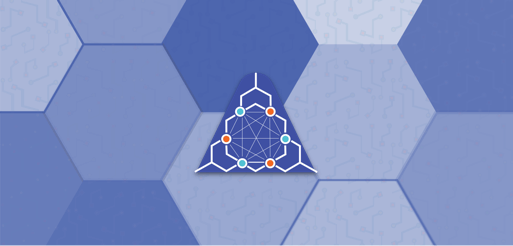
Anthill Inside 2018
On the current state of academic research, practice and development regarding Deep Learning and Artificial Intelligence.
Jul 2018
23 Mon
24 Tue
25 Wed 08:45 AM – 05:25 PM IST
26 Thu
27 Fri
28 Sat
29 Sun

On the current state of academic research, practice and development regarding Deep Learning and Artificial Intelligence.
Jul 2018
23 Mon
24 Tue
25 Wed 08:45 AM – 05:25 PM IST
26 Thu
27 Fri
28 Sat
29 Sun
Saumya Suneja
@saumyas
Submitted Apr 15, 2018
Internet of Things(IoT) devices need to run AI algorithms which are usually associated with high data and computational costs, which is only possible with cloud servers having very powerful systems. Hence these IoT devices aren’t capable of accomplishing much at the ‘edge’ (where the IoT devices are deployed) and their ‘brains’ are located on distant cloud servers.
As we know that IoT is continuously expanding and trending towards data explosion, this is resulting in clogging up of internet bandwidth and the cloud servers.
The logical solution for this problem is to enable processing and computing data at the edge - rather than sending all sensor-generated data back to the cloud.
In this talk, I will be speaking about how to take a pre-trained neural network written in any high level modelling framework, and map it onto an embedded edge device. In our specific case, the edge device is Orlando, STMicroelectronics’ R&D prototype, an ultra-low power System-on-Chip (SoC) capable of accelerating Deep Convolutional Neural Networks algorithms.
I will be talking about the software challenges in addressing the problem of efficiently mapping a neural network algorithm on to an edge device which has constraints in terms of energy, memory and power.
The key takeaway for the audience would be to understand what happens behind the scenes if they want to port any neural network application on an embedded platform.
•Introduction: Future of IoT, the need for edge computing
•ANN complexity and its evolution
•Brief architecture description of ST’s NN SOC R&D prototype (Orlando)
•Challenges in embedded platforms:
o No dedicated floating point units
o Limited amount of memory
•Approach to overcome these challenges and port NN applications to embedded devices (which I will cover in detail)
o Mapping floating to fixed point data representation
o Data compression and quantization techniques
•Case study: I will share steps of porting on Orlando alongwith the performance and accuracy figures.
ML basics
I am working as a Technical Leader in the Advanced Systems Technology Group at STMicroelectronics. I’m interested in the field of computer vision and deep learning. Currently I’m working on development of an automated tool for optimization, porting and mapping of neural networks onto a NN SoC (Orlando).
https://drive.google.com/open?id=107fD6pOR9cDiAJYqa193SbusJEF_a-Rt
Jul 2018
23 Mon
24 Tue
25 Wed 08:45 AM – 05:25 PM IST
26 Thu
27 Fri
28 Sat
29 Sun
Hosted by
{{ gettext('Login to leave a comment') }}
{{ gettext('Post a comment…') }}{{ errorMsg }}
{{ gettext('No comments posted yet') }}